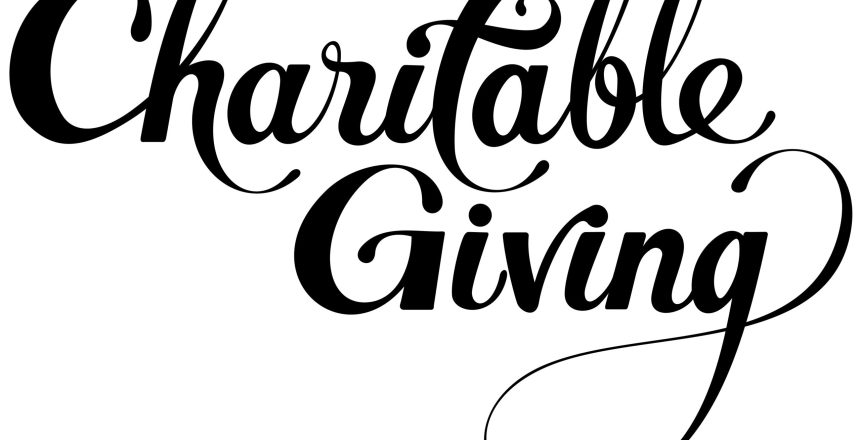Some people regularly donate to charity, others make ad hoc contributions from time to time. Then there are others who decide to make a donation to charity through a Will. It will not have escaped your attention that all the major charities, in one way or another, actively encourage the public to leave them a gift in their Will. But how do you go about making a donation to charity through a Will?
Making a charitable donation in a Will
You can make a charitable donation in a Will in the following ways:
- Making a pecuniary legacy. You can direct that a specific sum of money or a percentage of your estate be paid over to your named charity.
- Making a specific legacy. This is where you direct that ownership a specific asset be transferred to the charity. An example of this might be shares in a company or a property. The charity would then benefit from the ownership of these assets.
- Making a residuary legacy. This type of instruction directs that all or part of the residue of your estate be passed over to the charity. The residue of your estate is what is left after any specific bequests or legacies have been met.
Another important aspect of making a charitable donation in a Will is to properly identify the charity. By doing so, you will make sure the correct charity receives your donation. You should check the exact name of your charity, its registered address and, importantly, the charity registration number.
It is also important to decide what you wish to do if your chosen charity no longer exists when you pass away. You can decide to have your donation sent to their successors or you can direct your executor to make over your donation to another charity with similar aims. If you include these options, it ensures your executor has the flexibility to ensure your wishes are fulfilled.
Mixing donation types and making multiple donations
You are not limited to making one type of donation to a single charity. You can mix the types of donations you wish to make and make those donations to different charities.
You can also make a donation to a Community Amateur Sports Club (CASC) instead of a charity and your donation will be treated in the same way as if your donation were made to a charity.
Does making a charitable donation lead to other benefits?
Clearly, any donation you make to a charity is going to benefit the charity. However, when you donate to charity through a Will, if your estate is subject to Inheritance Tax (IHT), the amount you donate will be deducted from your net taxable estate. Not only that, but if you donate 10% of more of your estate to charity (or a Community Amateur Sports Club), the IHT percentage chargeable on your taxable estate will be reduced from 40% to 36%. This can lead to quite a significant saving when dealing with large estates.
Use the Gift Aid scheme to boost your donation value
In addition to simply making a donation, if you sign up for Gift Aid, it will mean for every £1 you donate, your chosen charity will gain 25p. This means your charity will benefit without you having to increase the donation you make.
To ensure your charity benefits from Gift Aid. You can complete a Gift Aid form for charitable donations which you can find here. If you are donating to a CASC, you can find the relevant Gift Aid form here.
Of course, for your chosen charity or CASC to benefit, you need to make a Will. If you would like to discuss donating to charity in a Will or to simply make a Will, please contact us.
